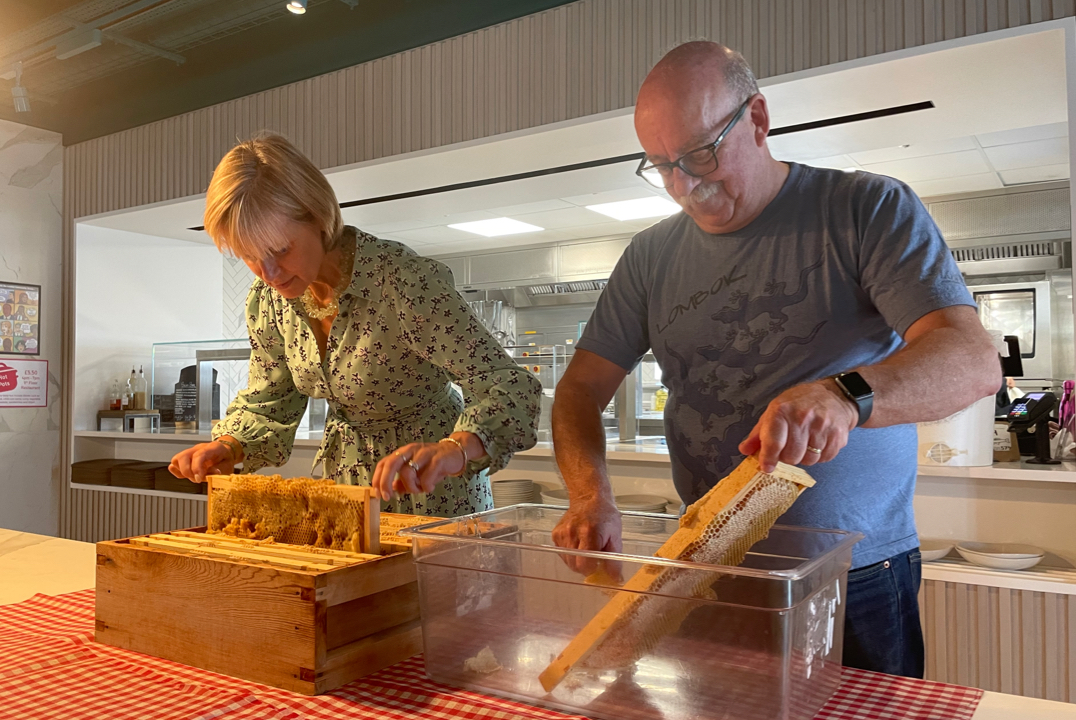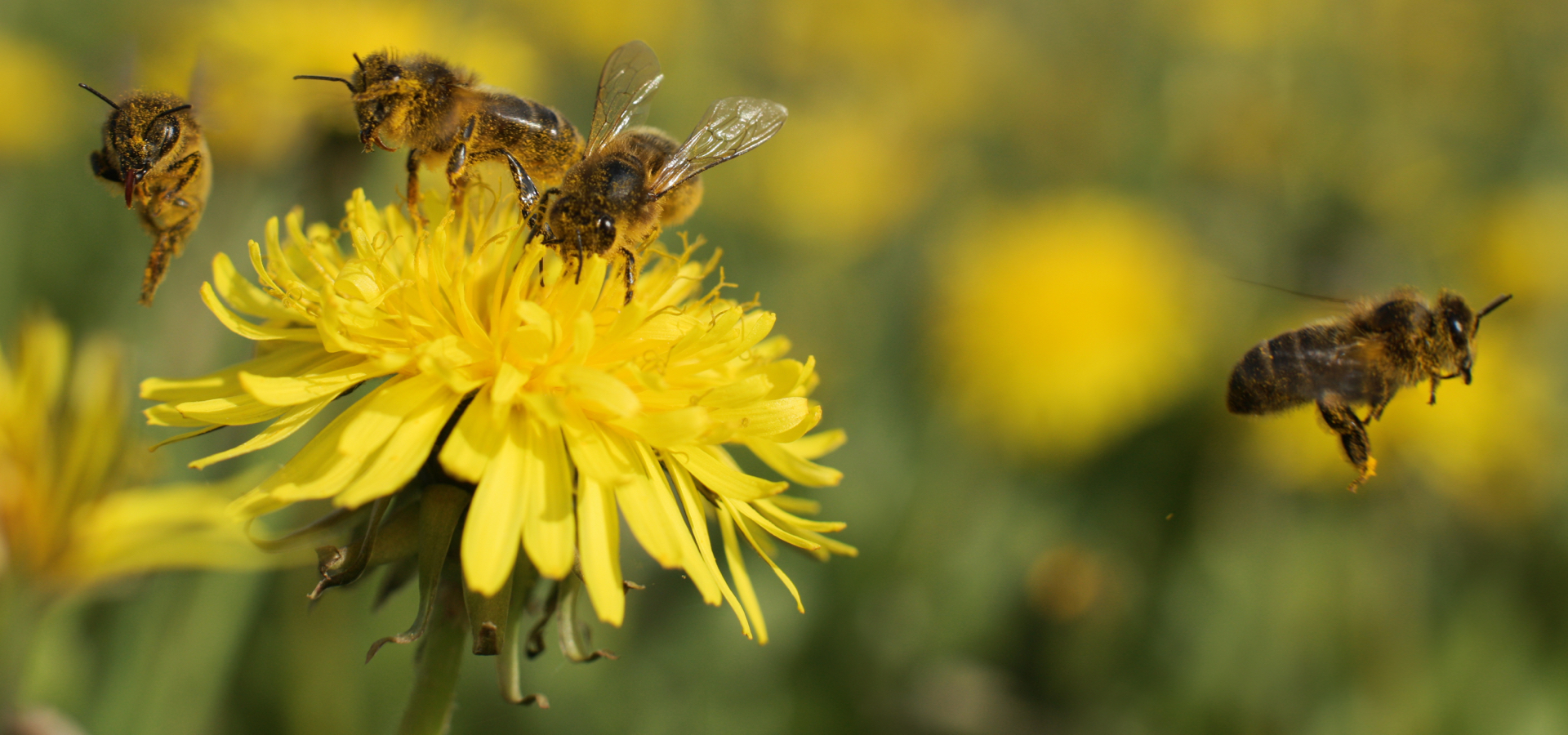Why World Bee Day Matters
May 20 marks World Bee Day—but why is safeguarding pollinators so important?
Protecting Pollinators
Bees and other pollinators are fundamental to our food security. In fact, one of every three mouthfuls of our food depends on pollinators such as bees.
Without bees, we could lose a whole host of food, including coffee, almonds, berries and chocolate, and more than 39 different crops could see a decline in production without pollinators.
But the value bees and other pollinators provide to us extends far beyond our food supply. So many industries—from agriculture to construction to health and beauty—rely upon the humble bee.
But over the past few years, bee numbers have been declining at worrying rates. In the U.S., among crops that require bee pollination, the number of bee colonies per hectare has declined by 90% since 1962.
This is an issue, as loss of pollinators, and biodiversity more generally, is a systemic risk. A healthy, sustainable natural world is an enabler for a resilient, adaptable economy, which in turn impacts our societies.
Did You Know?
- Nearly 90% of all wild flowering plants depend to some extent on animal pollination
- One of every three mouthfuls of our food depends on pollinators such as bees
- Seventy out of the top 100 human crops are pollinated by bees
- Our real estate team installed 160,000 bees on the rooftop of office building, Landmark
Our Approach
At Barings, we’re committed to being good stewards of the environment.
For example, in the Barings offices, we have four beehives, with more than 20,000 bees per hive. Our on-site beekeeper looks after the bees and Barings teammates are also given the opportunity to tour the hives through the Barings Bee Club.
Last year, we used their honeycomb, as well as spun just over 100lbs of honey from the bees. This is used in our onsite café as well as to make wax paper, replacing cling film, contributing to the sustainability of our operations.
Through the hives, we’ve created our very own ecosystem: we planted bee-friendly flowers and vegetation nearby, leading to an increased number of birds and insects in the immediate area.
 Our onsite beekeeper Gary Fisher and Sara Stewart, Associate Director, Corporate Services, ‘capping’ beeswax to assist release of honey
Our onsite beekeeper Gary Fisher and Sara Stewart, Associate Director, Corporate Services, ‘capping’ beeswax to assist release of honey
This sustainability approach permeates our real estate strategy. As part of our commitment to championing biodiversity, we have implemented several sustainability initiatives in our assets.
This includes installing two beehives on the rooftops of Landmark, a 180,000 square foot office building, with each hive containing approximately 80,000 worker bees.
Through this approach, we do our part to help protect biodiversity for years to come.




